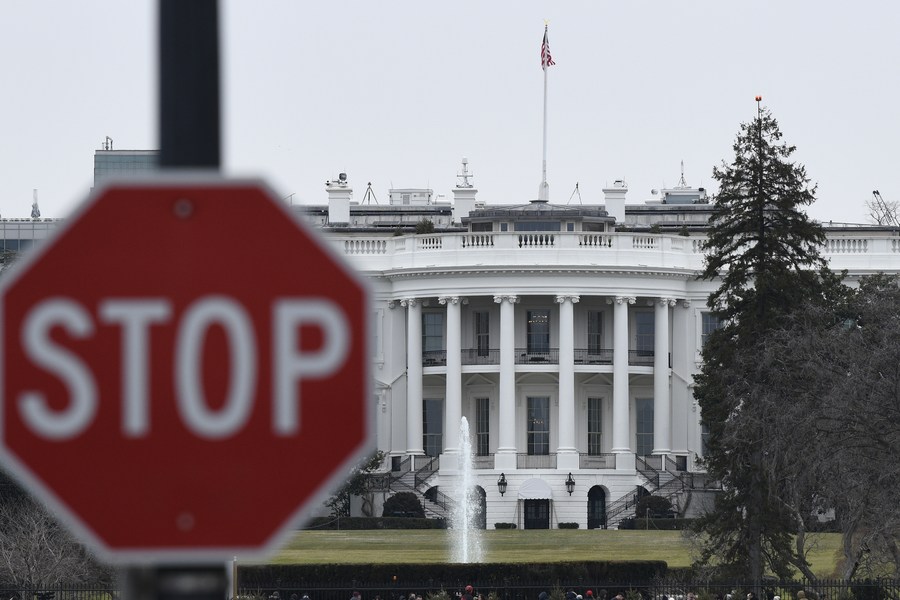A U.S. federal judge on Monday set March 4, 2024 for former President Donald Trump's trial on charges of attempting to overturn the 2020 election.
A U.S. federal judge on Monday set March 4, 2024 for former President Donald Trump's trial on charges of attempting to overturn the 2020 election.
That is one day before "Super Tuesday," a potentially decisive date in the Republican presidential nominating contest, when more than a dozen states, from California to Texas, will pick the party's candidate for the 2024 election.
In a hearing on Monday, U.S. District Judge Tanya Chutkan rejected trial dates proposed by both the Justice Department and Trump's legal team.
Earlier, special counsel Jack Smith had asked for Trump's trial to begin on Jan. 2, 2024, while the former president's lawyers had asked for a trial date in April 2026.
"I want to note here that setting a trial date does not depend and should not depend on the defendant's personal or professional obligations," Chutkan said.
Trump is the first former U.S. president to face criminal charges. He has been indicted in four cases -- two by the Justice Department, and two by state prosecutors in New York and Georgia, seperately. The federal election subversion prosecution is one of four criminal cases against him.
A New York judge has set the trial date of March 25 for the criminal case against the former president surrounding the hush money payments to an adult film star.
In Florida, the trial on charges that Trump mishandled classified documents after leaving office has been set for May 2024.
The federal judge's latest decision could have a crucial impact on Trump's bid for recapturing the White House as well as the Republican presidential nominating calendar.
Tags:





Comment (0)
{{ comment.userNickname }}
{{ comment.createTime }}
{{ comment.content }}
Reply {{ comment.showChildren ? i18n.retract : i18n.expand }} {{ comment.totalChild }} Reply
{{ child.userNickname || i18n.anonymous }} {{ child?.relationUserNickname ? ` -> ${child.relationUserNickname}` : '' }}
{{ child.createTime }}
{{ child.content }}
Reply